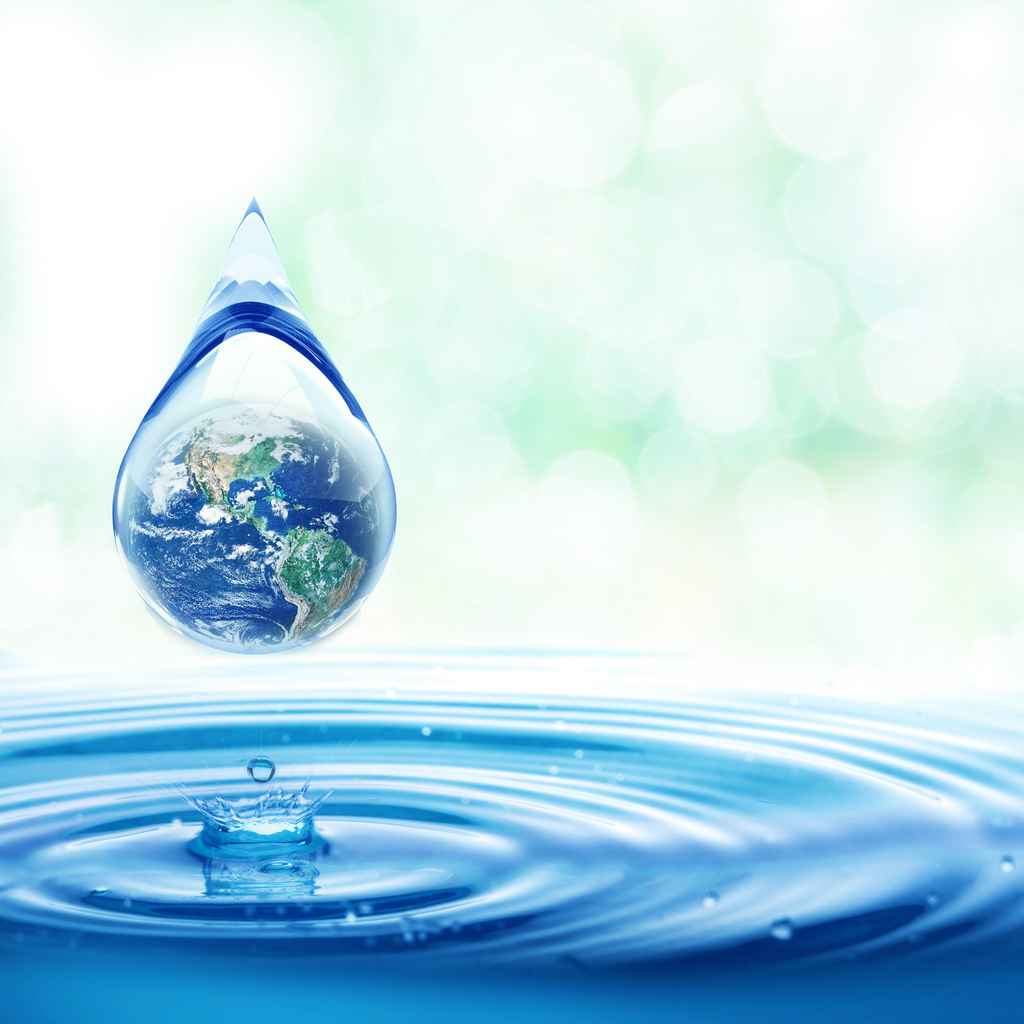The Environmental Impact of Bottled Water and the Benefits of Home Water Filtration
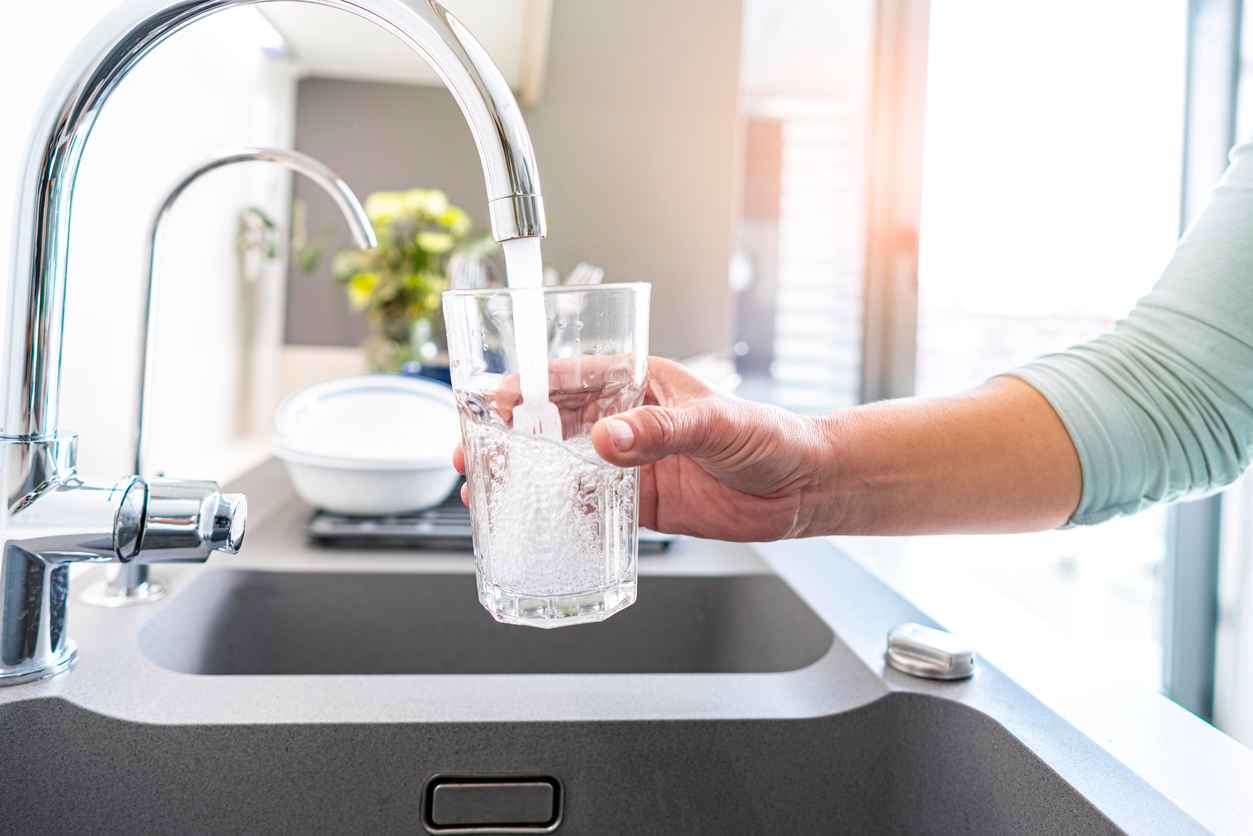
The Environmental Impact of Bottled Water and the Benefits of Home Water Filtration
August 15, 2024
Bottled water has become a staple in many households across the United States. With its convenience and perception as a safer alternative to tap water, it’s no wonder that millions of Americans reach for a plastic bottle when thirsty. However, the environmental consequences of bottled water are significant, and there are more sustainable and cost-effective alternatives available, such as home water filtration systems.
In this blog, the Water Dr. LLC team explores the environmental impact of bottled water and highlights the many benefits of switching to home water filtration:
The Environmental Toll of Bottled Water
1. Plastic Waste and Pollution
One of the most glaring environmental issues associated with bottled water is the plastic waste it generates. In the U.S. alone, billions of plastic water bottles are consumed each year. Unfortunately, many of these bottles are not recycled and end up in landfills, oceans, and other natural environments. Plastic takes hundreds of years to decompose, and during this time, it breaks down into microplastics, which can harm wildlife and pollute ecosystems.
2. Carbon Footprint
Bottled water’s production, transportation, and disposal contribute significantly to greenhouse gas emissions. Manufacturing plastic bottles requires petroleum, a finite resource, and emits a substantial amount of carbon dioxide. Additionally, transporting bottled water across states or even countries consumes fossil fuels, further increasing the carbon footprint. This entire lifecycle—from production to disposal—adds up to a considerable environmental cost.
3. Water Resource Depletion
Ironically, producing bottled water also strains global water resources. It is estimated that it takes up to three liters of water to make just one liter of bottled water. This water usage includes not only the water that goes into the bottle but also the water used in the production process, including cleaning and cooling. This demand exacerbates the issue in regions where water is already scarce, leading to water shortages and environmental degradation.
The Benefits of Home Water Filtration
Given the environmental impact of bottled water, switching to a home water filtration system offers numerous advantages that extend beyond convenience and cost savings. Here are some key benefits:
1. Environmental Sustainability
Opting for a home water filtration system can significantly reduce your reliance on single-use plastic bottles, thereby cutting down on plastic waste. With a reusable water bottle and filtered tap water, you can enjoy clean, safe drinking water without contributing to the environmental problems associated with bottled water. Additionally, reducing the demand for bottled water decreases the overall carbon footprint associated with its production and transportation.
2. Cost Savings
Bottled water is not only harmful to the environment but also expensive. The cost of repeatedly purchasing bottled water can add up quickly, especially for families. In contrast, a home water filtration system is a one-time investment that can provide you with an endless supply of clean water at a fraction of the cost. Over time, the savings from not buying bottled water can easily outweigh the initial cost of the filtration system.
3. Improved Water Quality
Many people choose bottled water because they believe it is safer and of higher quality than tap water. However, home water filtration systems are designed to remove contaminants, chemicals, and impurities from your tap water, providing you with just as pure—if not purer—water than bottled water. With the right filtration system, you can customize your water quality to meet your specific needs, whether reducing chlorine, removing heavy metals, or eliminating bacteria.
4. Convenience and Accessibility
With a home water filtration system, clean water is always at your fingertips. You don’t have to worry about running out of bottled water, lugging heavy cases from the store, or finding space to store them. Filtered water is readily available from your tap, whether you’re filling up a glass or a reusable bottle or even cooking.
5. Reduced Exposure to Microplastics
Recent studies have shown that bottled water often contains microplastics—tiny plastic particles that can pose health risks when ingested. These microplastics can leach into the water from the plastic bottle, especially when exposed to heat or sunlight. By using a home water filtration system and a reusable, non-plastic container, you can minimize your exposure to microplastics and enjoy safer drinking water.
Interested in a new water filtration system for your home in Connecticut? Turn to Water Dr.!
At Water Dr. LLC, we’re committed to helping Connecticut residents make the transition to cleaner, greener water solutions. Our expert team can guide you through the process of selecting and installing the perfect water filtration system for your home.
Contact us today to learn more about how we can help you make a positive impact on the environment while ensuring your family has access to the best water possible.
Recent News
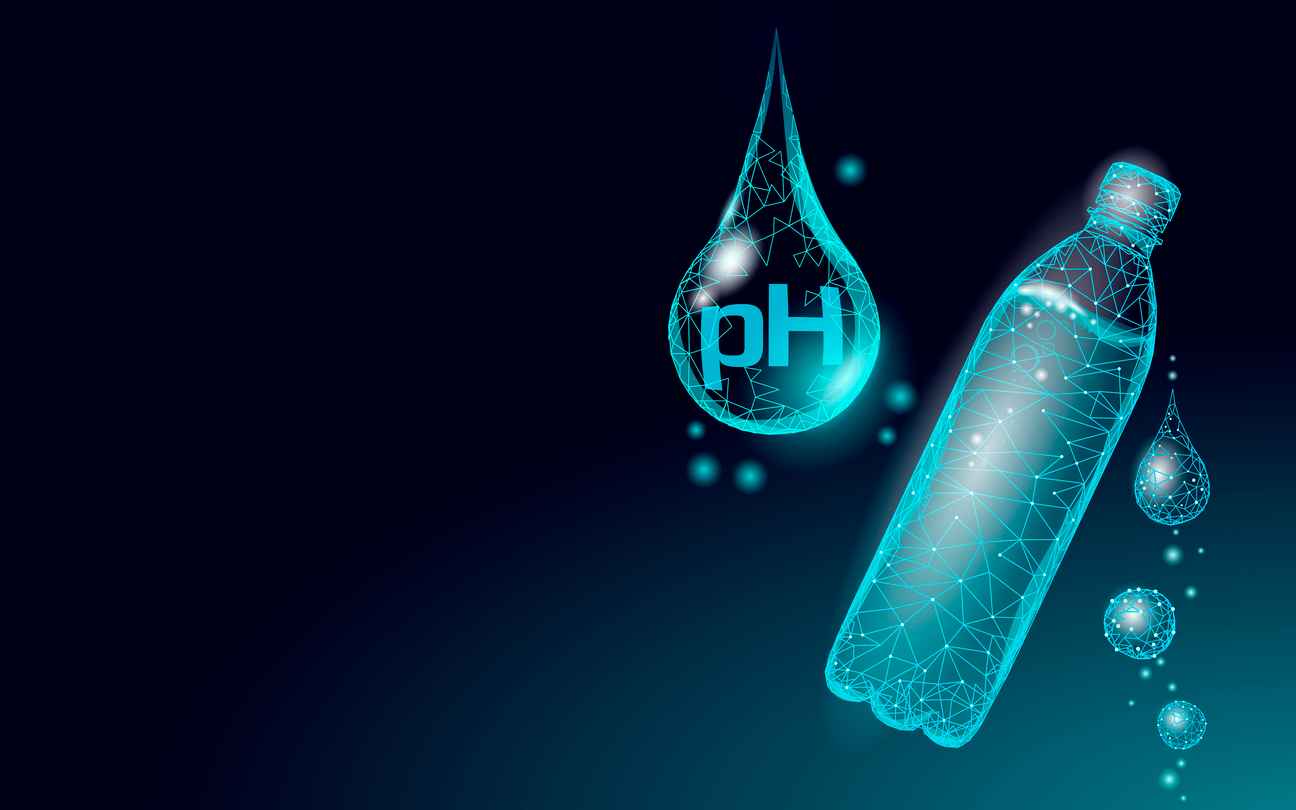
Understanding Water pH: Why It Matters for Your Home
December 11, 2025
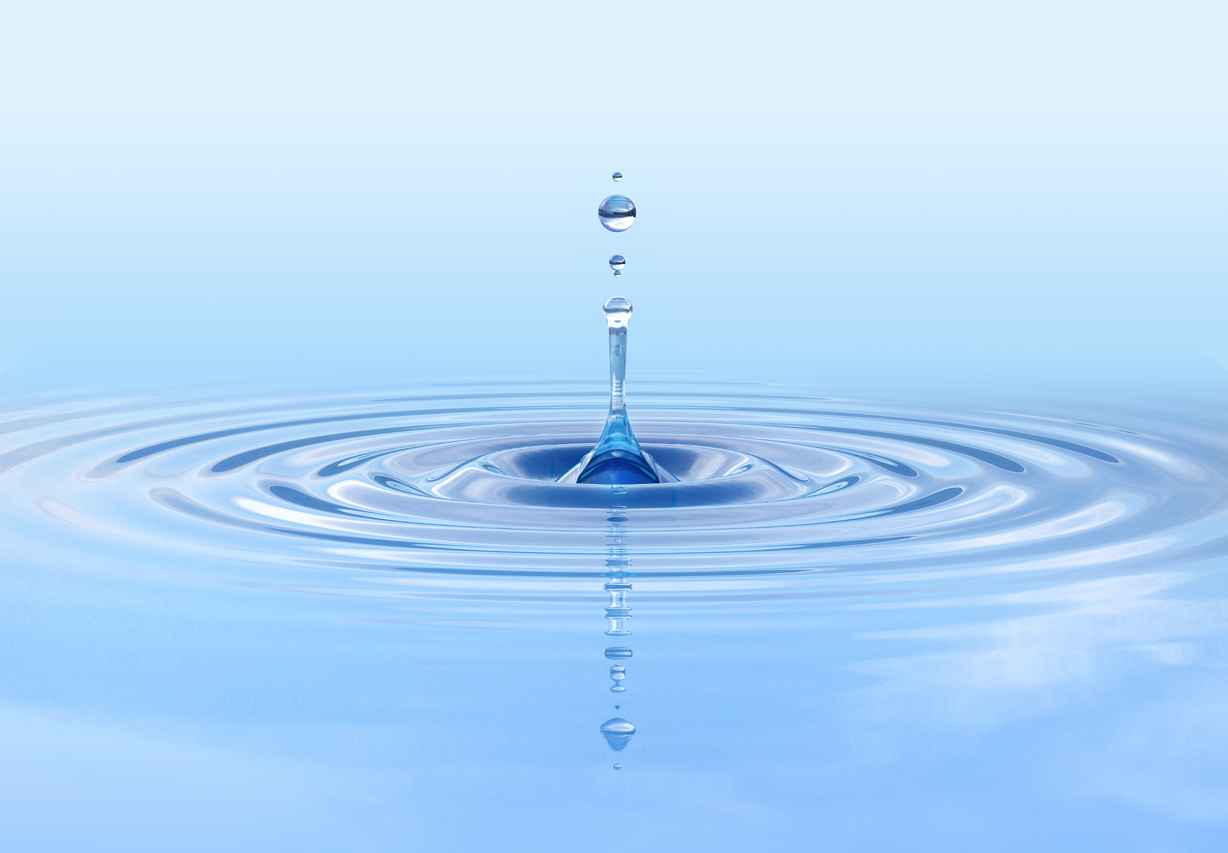
Why Clean Water Matters for Your Health
November 13, 2025
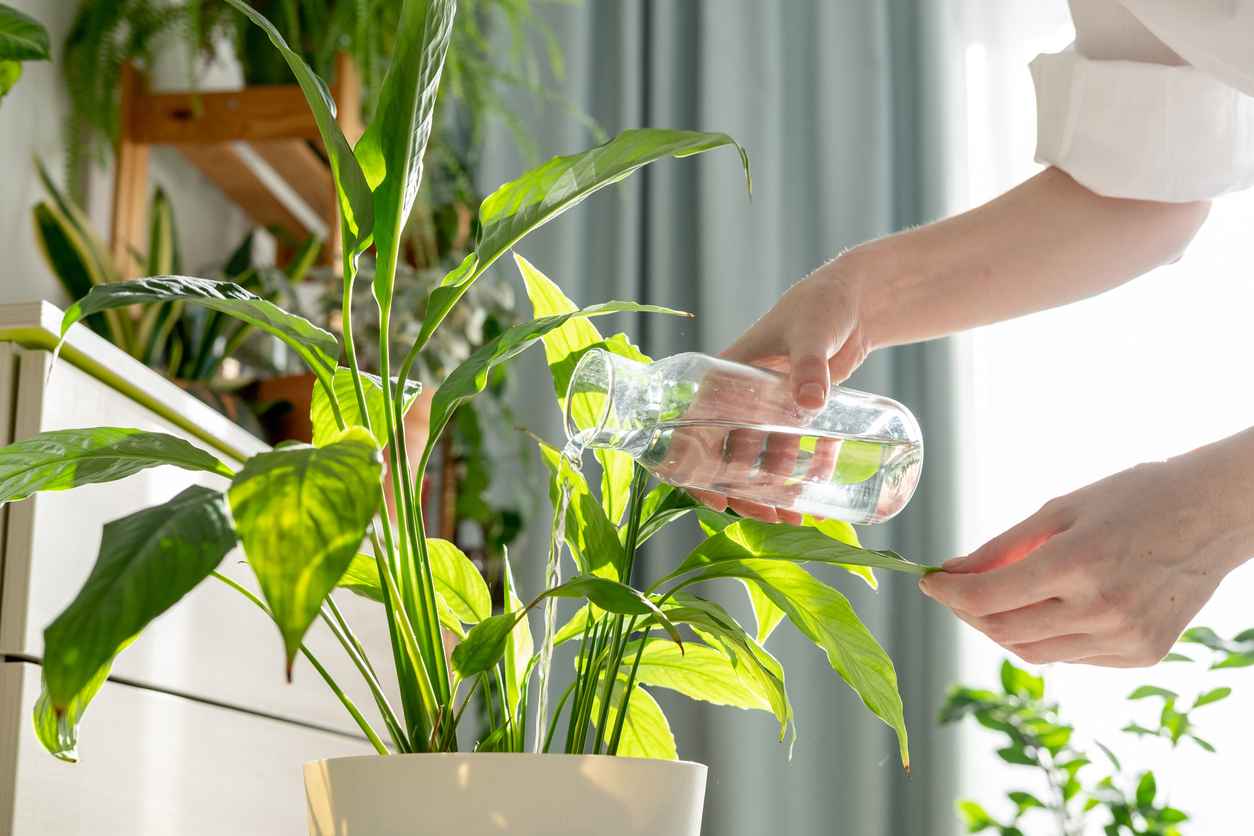
Eco-Friendly Benefits of Maintaining Your Water System
September 10, 2025
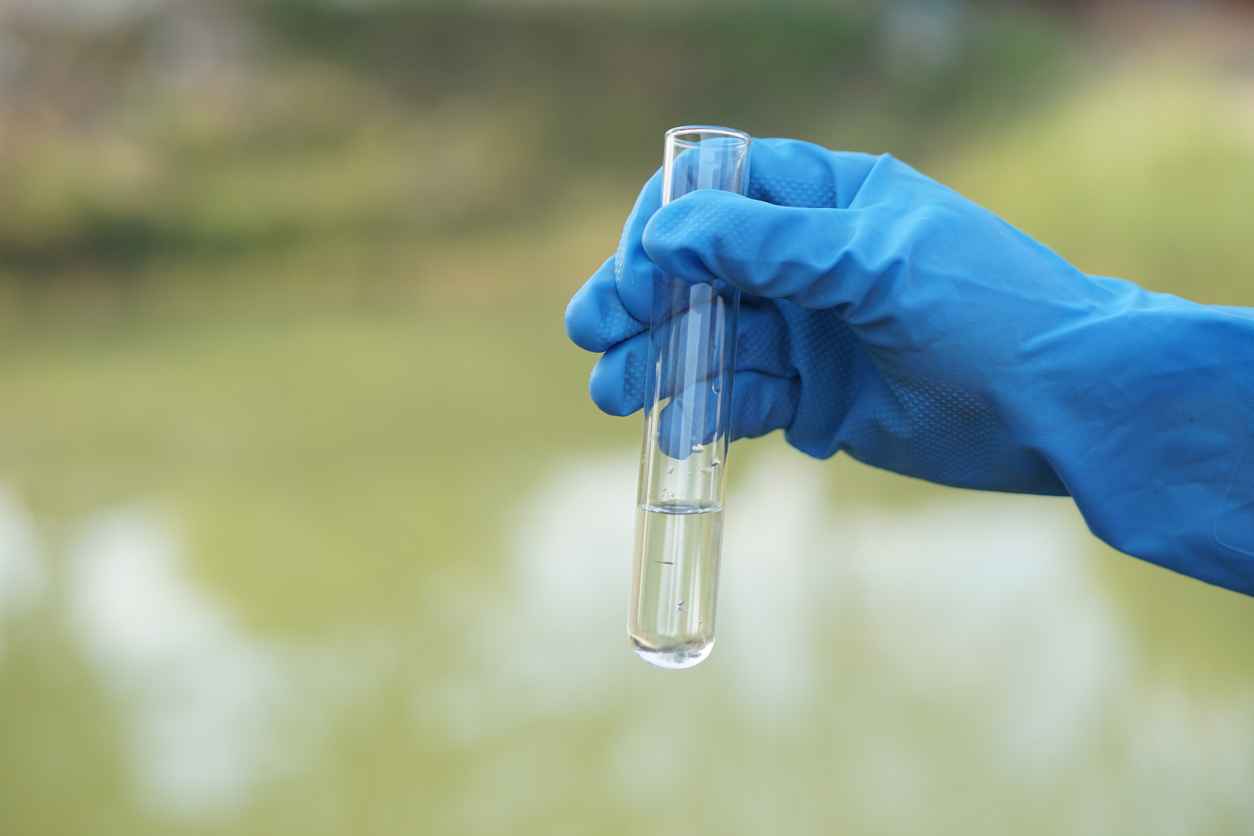
5 Signs It’s Time to Test Your Well Water
August 15, 2025
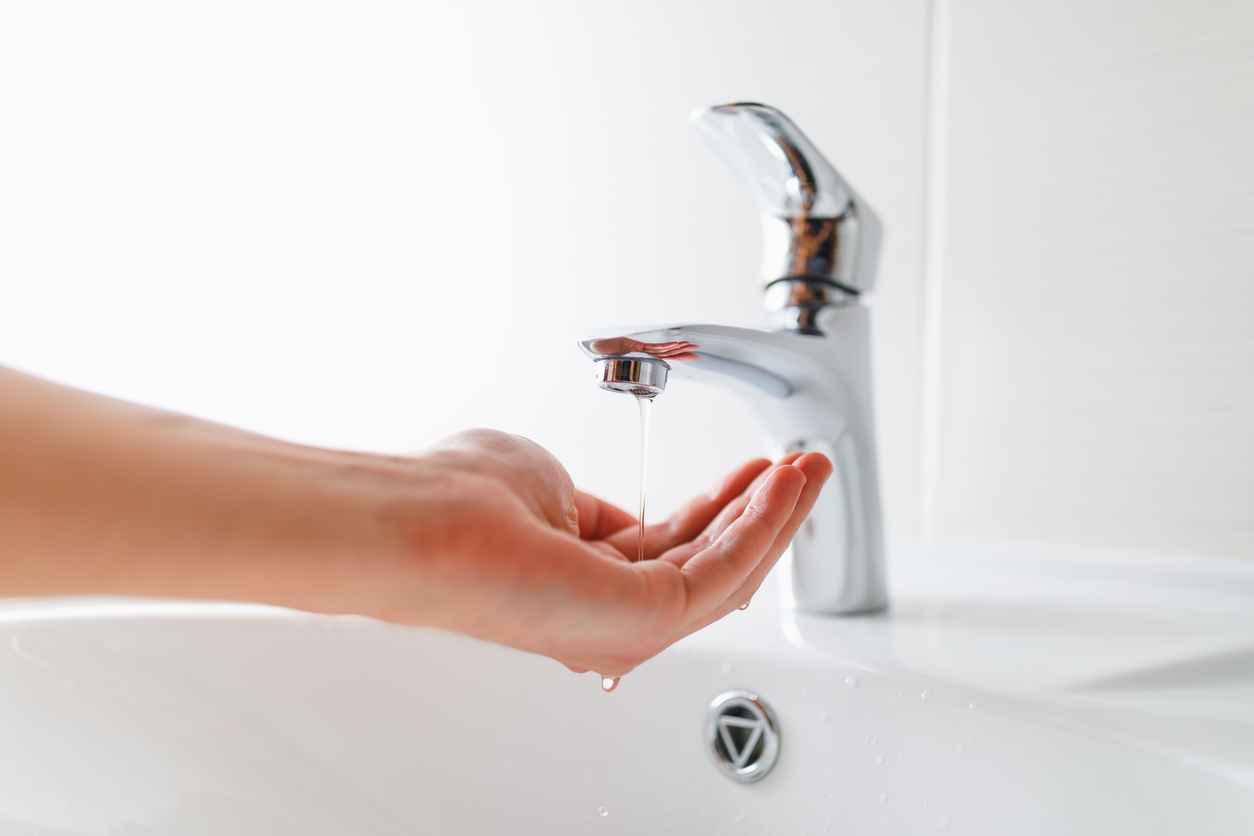
Top 5 Causes of Low Water Pressure in Homes
June 16, 2025
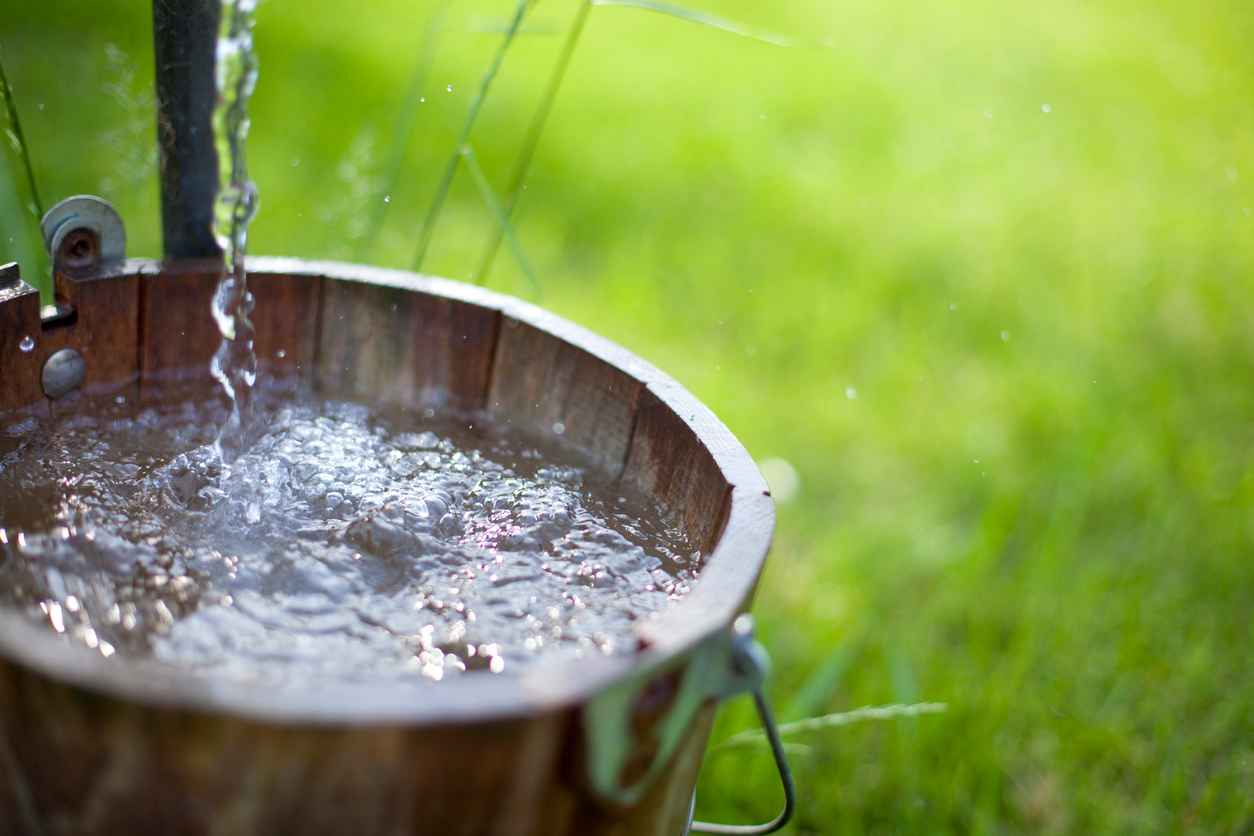
Why Spring Is the Perfect Time to Test Your Well Water
May 12, 2025
